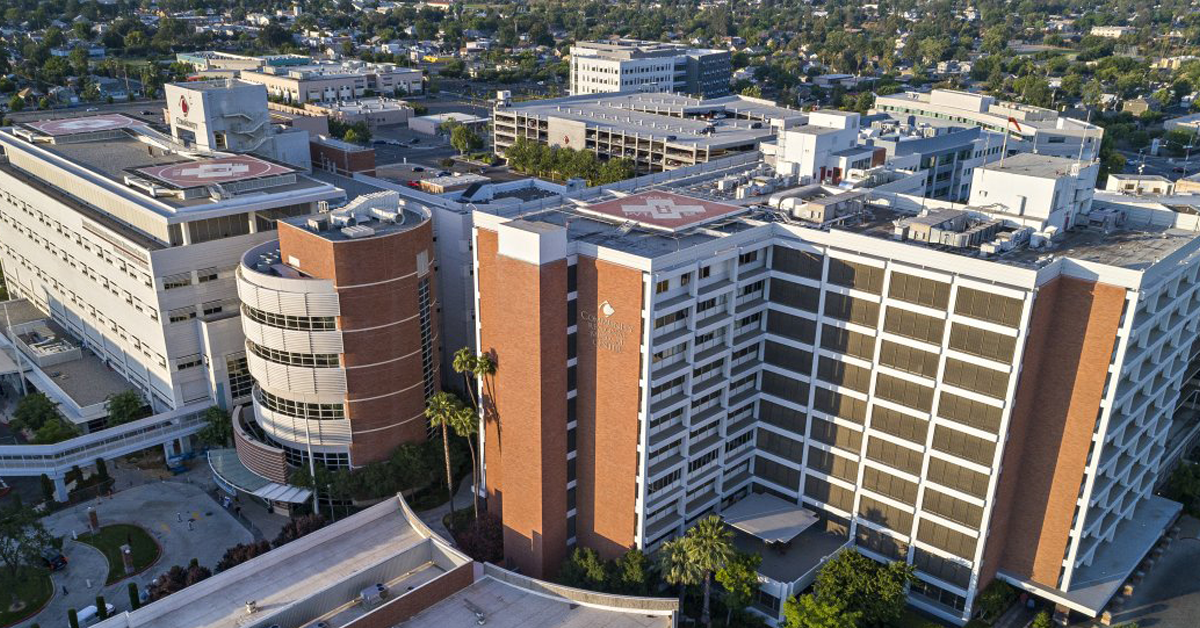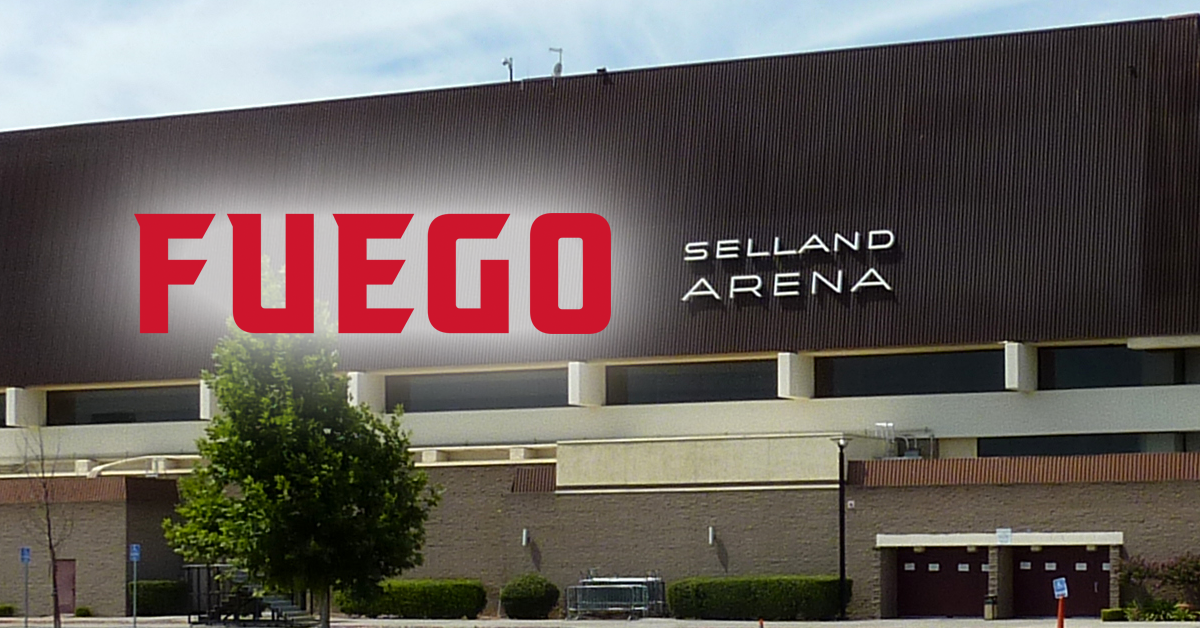Come 5 p.m. Wednesday, Community Regional Medical Center (CRMC) is set to lose its status as a Level 1 trauma center.
A contract between Community Medical Centers (CMC) and the Central California Faculty Medical Group (CCFMG) expired Tuesday with no new contract on the horizon.
That contract funded the positions of 28 physicians in 12 specialties. Six of those physicians provide 24 hour neurosurgical trauma coverage, which is required for a Level 1 trauma center.
With the loss of the Level 1 status, individuals with head injuries – which make up over half of the trauma patients – will no longer be able to receive care at CRMC, Dr. James Davis, the Chief of Trauma at CRMC, told The Sun.
“Anyone in the Valley that’s got a head injury is going to be shipped to San Jose, Sacramento, Palo Alto or San Francisco,” Davis said. “This could not be more dire. I’m afraid that there are going to be people that die because of this draconian stance being taken by the hospital board.”
Davis said the CCFMG has tried to come to the table and negotiate, but CMC has not presented a contract for the group to look over line-by-line.
“We’ve tried really hard to work with them,” Davis said. “It’s been a situation where we can’t even get a complete agreement from them. They just say, ‘Sign this or else.’ Show us all the details. The first couple things they sent to the group weren’t even complete. They didn’t have conditions or terms or anything else in them.
“They were just incredibly unprofessional and incomplete, so there was nothing that could be signed. We tried really hard to get to something where we could actually even have a negotiation, and that to this date has not proved to be possible.”
Any hope moving forward to come to an agreement lies in the hands of the hospital administration board of trustees, Davis said.
“I think they could choose to figure this out,” Davis said. “Currently they have not been great negotiating partners. It’s been a very one-way street, and we do not want to lose our Level 1 trauma center status. The community needs us to be a Level 1 trauma center.”
In a statement Tuesday, CMC Senior Vice President for Communications and Legislative Affairs Michelle Von Tersch said CMC is working through the details to come to an agreement with the contract.
“Our commitment to supporting outpatient specialty care clinics that depend on supplemental CMC funding has not waivered,” Von Tersch said. “In fact, we signed new agreements with CCFMG for additional inpatient services last week. We are earnestly working through the remaining details with CCFMG to ensure the necessary agreements are in place to continue the outpatient clinic support we provide.
“We value our partnership with CCFMG in serving the healthcare needs of Valley patients. We are in this together, and see no reason to alarm patients or our healthcare partners by threatening access to our care. Instead, we simply need to complete the amicable path forward that we’ve begun.”
CCFMG has worked with CMC for 24 years to provide the necessary physicians for the trauma center, Davis said, and he has been the Chief of Trauma since 1991.
“I have put blood, sweat and tears into building a nationally recognized trauma center and trauma fellowship program,” Davis said. “This is heartbreaking to me.”
CCFMG said the trauma center sees about 15 patients every day, which totals around 5,500 patients a year that require care from the neurosurgical trauma surgeons.
The CCFMG physicians also serve as faculty for UCSF Fresno, training about 300 medical residents and fellows every year.
“A long-term funding agreement with CMC is needed to provide patients with access to specialty care such as neurosurgery and to provide our physicians with greater protections and certainty so they can focus on patients’ health and wellbeing,” said CCFMG CEO Joyce Fields-Keene in a statement.
“This stability, along with UCSF faculty appointment through CCFMG employment, is critical to retaining highly qualified healthcare professionals in an area that is plagued by doctor shortages and barriers to access.”
Ultimately, the lack of an agreement comes at a poor time given the stresses placed on the health care industry by the COVID-19 pandemic.
“I have colleagues that are working in the ICU being exposed to COVID patients every day working very hard to save people’s lives, and this is going on on the other side of it,” Davis said. “I simply don’t understand that. I just think it’s incredibly unfortunate.”









